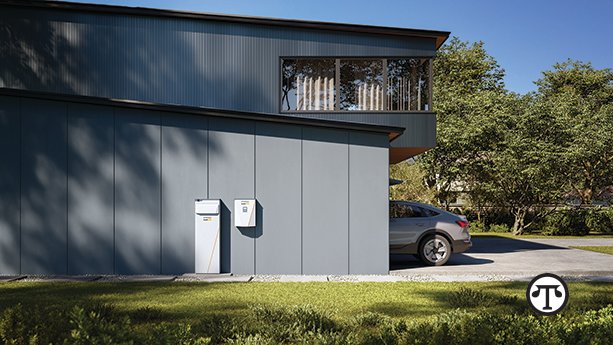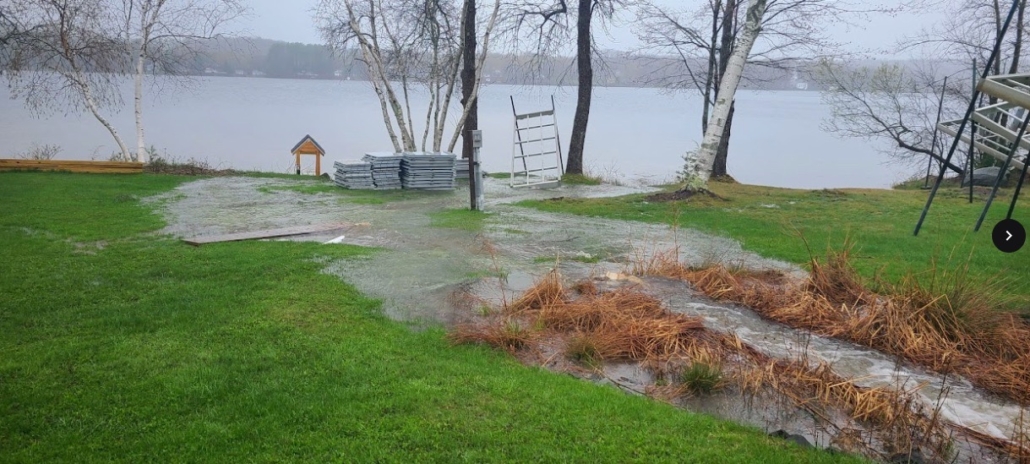Pointers on preparing for power outages

A solar energy storage system can be permanently installed in your home to protect your family and possessions from power outages.
(NAPS)—More Americans suffered extended power outages in 2020 than any year since Superstorm Sandy struck the New York area in 2012, according to Generac, owners of Power Outage Central, a real-time outage tracking service that monitors outages throughout the United States.
“In 2020, more than one out of three Americans experienced a power outage, and the U.S. power grid suffered more outage hours than it has in years,” said Russ Minick, chief marketing officer for Wisconsin-based Generac. “With people still working, learning and shopping from home, everyone must prepare earlier for outages that accompany severe weather.”
Outages are statistically much more common than many other threats to the home, according to Generac’s data. In fact, while about 12 percent of homes are at risk of flooding according to the First Street Foundation’s flood database1, every home is at risk of losing power. Unlike with floods, however, there are multiple ways to safeguard against loss of electrical power.
“There are three key paths to protecting power supply, said Simon Allen, president of Allied Energy, a backup power solution provider in San Diego, Calif. “These include portable generators, which are a short-term solution; home standby generators; and solar energy storage systems. Solar energy storage systems and home standby generators are permanently installed and can provide secure sources of power for longer periods.”
Each system requires advance planning, including local permitting and installation, said Allen, but secure power is worth it.
“Life gets very primitive and dangerous when the power is out. With outages lasting longer and occurring more often, all against the backdrop of people working and learning from home, our customers are turning to Generac home standby generators and PWRcell battery storage systems. Effectively, they’re making their homes a sanctuary against Mother Nature’s threats.”
Picking the correct solution varies for every homeowner, said Stephen Cruise of Generator Supercenter, a Texas-based provider of power solutions. “A generator will run nearly indefinitely on propane or natural gas,” he said. “With correct power management, a solar energy storage system can also power the whole home for extended periods. It comes down to preference, local codes and budget. The best place to start is finding a great local installer who can help make the decision easy.”
“Authorized dealers and installers know local codes and are factory trained,” said Minick. “They’re experts in local needs and can provide a one-stop solution for every homeowner.”
All the resources needed to acquire and install backup power are available at www.generac.com. Prices fit most budgets and vary depending on factors such as the size of home, the electricity needed for backup and preference for solar or generator-based options.
www.firststreet.org data indicates that 14.6 million U.S. households are at risk of flooding out of 122.8 million nationally.
Responsible journalism is hard work!
It is also expensive!
If you enjoy reading The Town Line and the good news we bring you each week, would you consider a donation to help us continue the work we’re doing?
The Town Line is a 501(c)(3) nonprofit private foundation, and all donations are tax deductible under the Internal Revenue Service code.
To help, please visit our online donation page or mail a check payable to The Town Line, PO Box 89, South China, ME 04358. Your contribution is appreciated!



Leave a Reply
Want to join the discussion?Feel free to contribute!